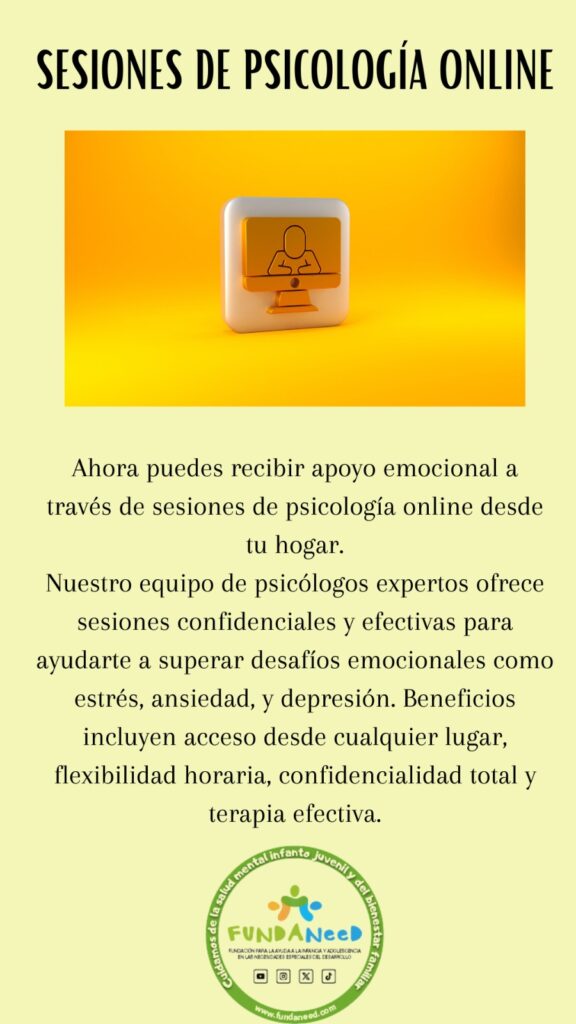The Invisible Killer
Now we know that loneliness is as bad for health as smoking 15 cigarettes a day and that depression is a silent killer,” says Professor Simon Gilbody from the University of York, in his study published in The Lancet Healthy Longevity.
The word ‘loneliness’ has its etymological origin in the Latin ‘solitudo’ and ‘solitūdo,’ meaning ‘state of being alone’ or ‘condition of being uninhabited.’ Subsequently, in Spanish, it evolved into ‘soledad,’ maintaining that fundamental meaning of being alone or without company. The Latin root ‘solus’ means ‘alone’ or ‘unique,’ and from there comes the word ‘solitary’ as well.
Loneliness, from a psychological perspective, is defined as an emotional and subjective state characterized by the perception of a lack of meaningful connection with other people. It does not necessarily imply being physically alone but rather feeling lonely emotionally, even in the presence of others.
Loneliness can arise due to various reasons, such as a lack of satisfactory social relationships, absence of deep emotional bonds, perception of not being understood or supported by others, or lack of belonging to a social group.
It is important to note that loneliness can be experienced temporarily or chronically and can have a significant impact on emotional well-being and mental health. In many cases, loneliness may be associated with feelings of sadness, anxiety, low self-esteem, and depression.
From psychology, different approaches are used to understand and address loneliness, including the cognitive perspective, which focuses on thoughts and beliefs about loneliness; the emotional perspective, which examines the feelings associated with loneliness; and the relational perspective, which considers the quality and quantity of a person’s social relationships.
Addressing loneliness from a psychological perspective may involve working on improving social skills, promoting the building of meaningful relationships, identifying and challenging negative thoughts about loneliness, and fostering emotional connection and mutual support among individuals.
Today, I reflect on the recently published report on loneliness among young people in Spain, which has provided alarming data. In an era marked by digital interconnectedness and social networks, it seems paradoxical that more and more young people feel lonely. However, the reality is that many of our young people face feelings of isolation and disconnection.
The causes of this loneliness are diverse and complex. Technological advancement, while connecting us in unprecedented ways, can also contribute to social alienation. Social networks can create an illusion of connection but often lack the depth and authenticity of real interpersonal relationships. Additionally, the social, economic, and academic pressures our young people are subjected to can make them feel lonely in the midst of a crowd.
It is imperative that as a society, we take measures to address this problem. We must create safe and welcoming spaces where young people can genuinely connect with each other. This involves promoting participation in community, sports, cultural, and social activities that foster interaction and mutual support.
Furthermore, it is the responsibility of all of us, as members of society, to be alert to signs of loneliness in our young people and offer them our support and understanding. We must promote a culture of openness and empathy in which they feel comfortable sharing their concerns and seeking help when needed.
Ultimately, combating the loneliness of young people requires a collective effort. We must work together as a community, government, educational institutions, businesses, and families to create an environment in which our young people can thrive and reach their full potential.
[https://www.thelancet.com/journals/lanhl/article/PIIS2666-7568(23)00267-2/fulltext
Through the Zoom platform, you will be able to conduct your psychology sessions entirely online from anywhere




Comments are closed.